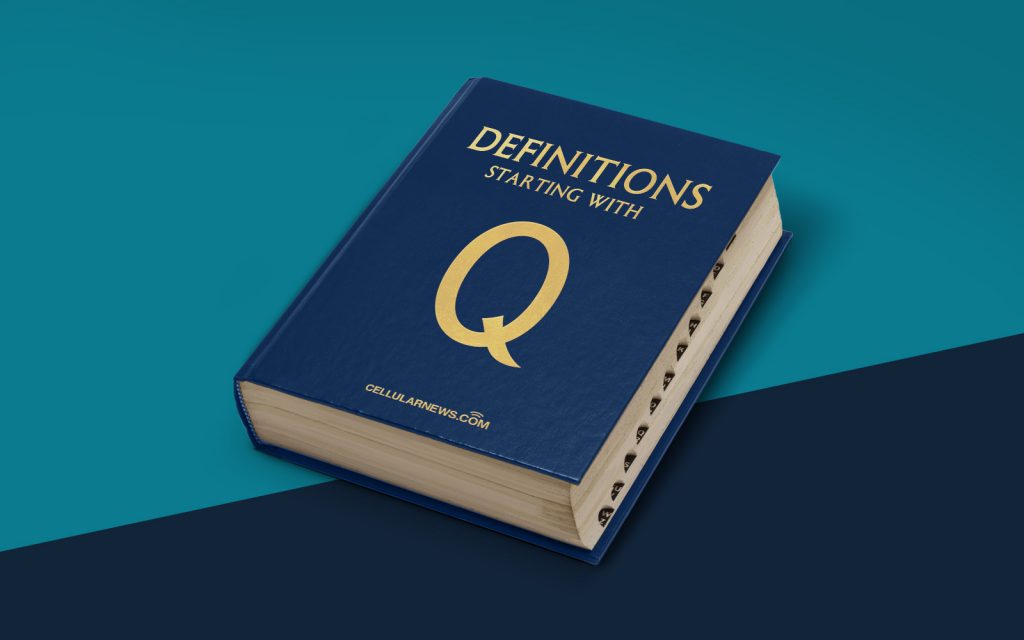
What is Quantum Decoherence?
Welcome to our “Definitions” blog series, where we dive deep into complex concepts and break them down into more digestible chunks! Today, we’re exploring the intriguing world of quantum decoherence. So, buckle up and get ready to expand your knowledge of this fascinating phenomenon!
Quantum decoherence, simply put, is the loss of quantum coherence in a system. But what does that mean, exactly? To answer this, let’s start by understanding what quantum coherence is.
Quantum coherence is a fundamental principle in quantum mechanics that describes the ability of quantum systems to exist in a superposition of states. In simpler terms, it’s the state of being in multiple states simultaneously. This unique property allows quantum particles, such as electrons or photons, to simultaneously be both a particle and a wave.
Now, back to quantum decoherence. When a quantum system interacts with its surrounding environment, it tends to lose this coherence and settle into a more classical state. The quantum properties of the system, like superposition and entanglement, become less pronounced, and the system begins to behave more classically.
Key Takeaways:
- Quantum coherence is the ability of quantum systems to exist in multiple states simultaneously.
- Quantum decoherence occurs when a quantum system interacts with its environment, causing it to lose its coherence and behave more classically.
To provide a clearer picture, here are key points that might help you understand quantum decoherence:
- Interaction with the environment: Decoherence arises from the interaction between a quantum system and its surrounding environment. This interaction can include interactions with other particles, electromagnetic fields, or any other external factors.
- Phase information loss: During the decoherence process, key phase information, which determines the probability distribution of a quantum state, is lost. This information loss results in the suppression of interference effects that would be observed in a purely quantum system.
- Transition to classical behavior: As decoherence progresses, the quantum system’s behavior gradually transitions from exhibiting purely quantum behavior to behaving more classically. This transition occurs due to the correlations between the system and its environment, which cause the system to “lose” its quantumness.
Quantum decoherence poses significant challenges for developing and maintaining quantum computers and other quantum technologies. It limits the coherence time, or the duration in which a quantum state remains stable, hindering the reliability and efficiency of quantum information processing.
Understanding and controlling quantum decoherence is an active area of research. Scientists and engineers are exploring various techniques to mitigate its effects and extend coherence times, such as designing better isolation techniques and implementing error correction codes.
So, next time you hear about quantum decoherence, you’ll know that it refers to the process of a quantum system losing its coherence and becoming more classical due to interactions with its environment. This fascinating phenomenon continues to unlock new possibilities and challenges in the field of quantum technology!
